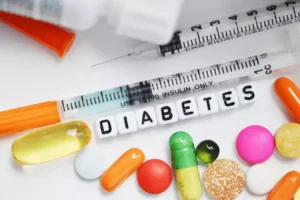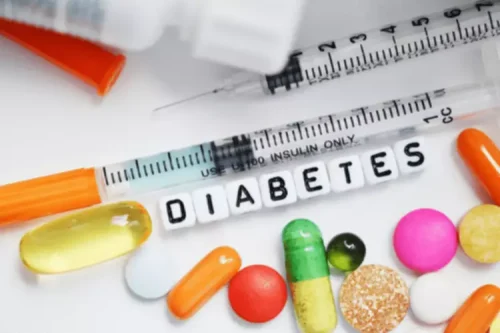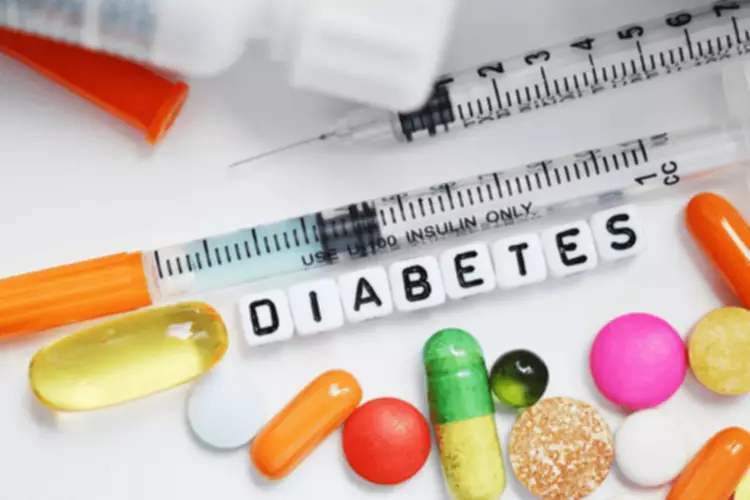
College students who abuse alcohol can suffer from health concerns, poor academic performance or legal consequences. Prevention and treatment include campus counseling, stronger enforcement of underage drinking or changing the campus culture. Regular use of alcohol can change the way the brain’s neurotransmitters operate, altering the natural release and uptake of dopamine and endorphins, which are vital in sensation and reward. This biological chain reaction is often the primary driver in the cycle of addiction.

Treatment and Recovery
This indicates that they are developing a tolerance to alcohol, one of the warning signs of an issue. People who are physically dependent on alcohol will need the support of a healthcare professional to stop drinking. When you drink alcohol, the body releases “feel good” chemicals like dopamine and endorphins.
What are the long-term effects of alcohol?

Outpatient treatment is effective for individuals with mild to moderate alcohol addiction who do not require 24-hour care. Success rates for outpatient alcohol treatment programs vary between 50% and 60%, influenced by factors such as treatment duration, aftercare support, and family involvement, according to the United Recovery Project. The effects of https://ecosoberhouse.com/ alcohol addiction are liver damage, cardiovascular problems, neurological impairment, mental health issues, addiction and dependency, weakened immune system, and gastrointestinal issues.

Negative Affect/Withdrawal Stage

Whether it’s the traditional approach of AA, the science-based methods of SMART Recovery, or the convenience of online forums, a wealth of options are available to support the path to sobriety and overall well-being. The journey to recovery from alcoholism is often a collaborative effort, with support groups and community resources playing a critical role. Alcoholism, also known as alcohol use disorder (AUD), is a complex condition influenced by a variety of genetic and biological factors.
- This final stage is when loved ones usually know for certain that there is a problem.
- Our staff are fully qualified, experienced professionals who are on hand to help you through each step of the recovery process during your stay with us.
- It also affects memory, making it difficult for individuals to remember the negative consequences of their drinking, which in turn makes them more likely to repeat harmful behaviours.
- In societies where alcohol use is widely accepted and integrated into social activities, individuals may be more likely to drink excessively.
- For those seeking alternatives to AA, there are other support groups like SMART Recovery, which is recognized for its evidence-based approach to addiction recovery.
One of the most painful outcomes is when the person who has been drinking large quantities of alcohol stops suddenly. Long term intake impacts almost all organs of the body, including the brain and may lead to frequent hospitalisations. Recovery can be Twelve-step program an emotional rollercoaster, and a supportive environment providing physical and emotional safety can make all the difference. Recovery Centers of America offers a judgment-free space where patients can focus solely on their recovery without external distractions. This includes ongoing support such as regular therapy sessions, support groups, and even living in a sober living environment. These elements work together to help maintain the sobriety achieved during treatment.
- The calming effects of alcohol temporarily diminish feelings of tension, anxiety, and pressure.
- As with other addictive behaviors, alcoholism is a learned behavior that is influenced by a person’s thoughts and beliefs.
- At the same time, alcohol stimulates the release of other neurotransmitters, such as dopamine and endorphins, which create pleasurable sensations.
- It challenges the strict habit-goal dichotomy, showing that these systems interact more subtly.
- Understanding how addiction hijacks the brain is the first step to breaking free and regaining control of one’s life.
Mental Health Disorders
In the binge/intoxication stage, individuals consume large amounts of alcohol in a short period. This stage is characterized by the overwhelming desire to experience the pleasurable effects of alcohol, driven by its impact on the brain’s reward system. The reward system releases dopamine during alcohol why is alcohol so addictive consumption, reinforcing behaviors that promote drinking to recreate these pleasurable effects.